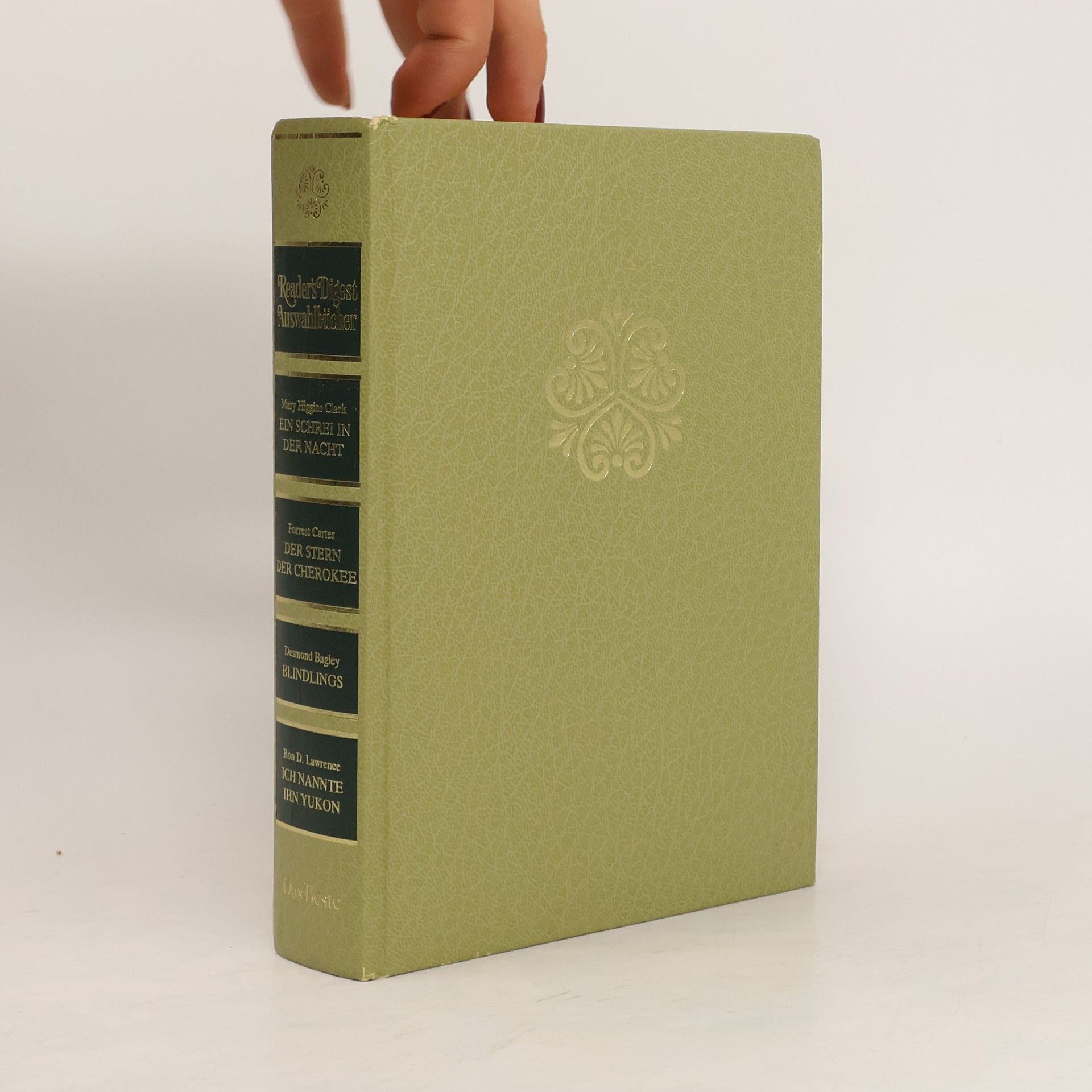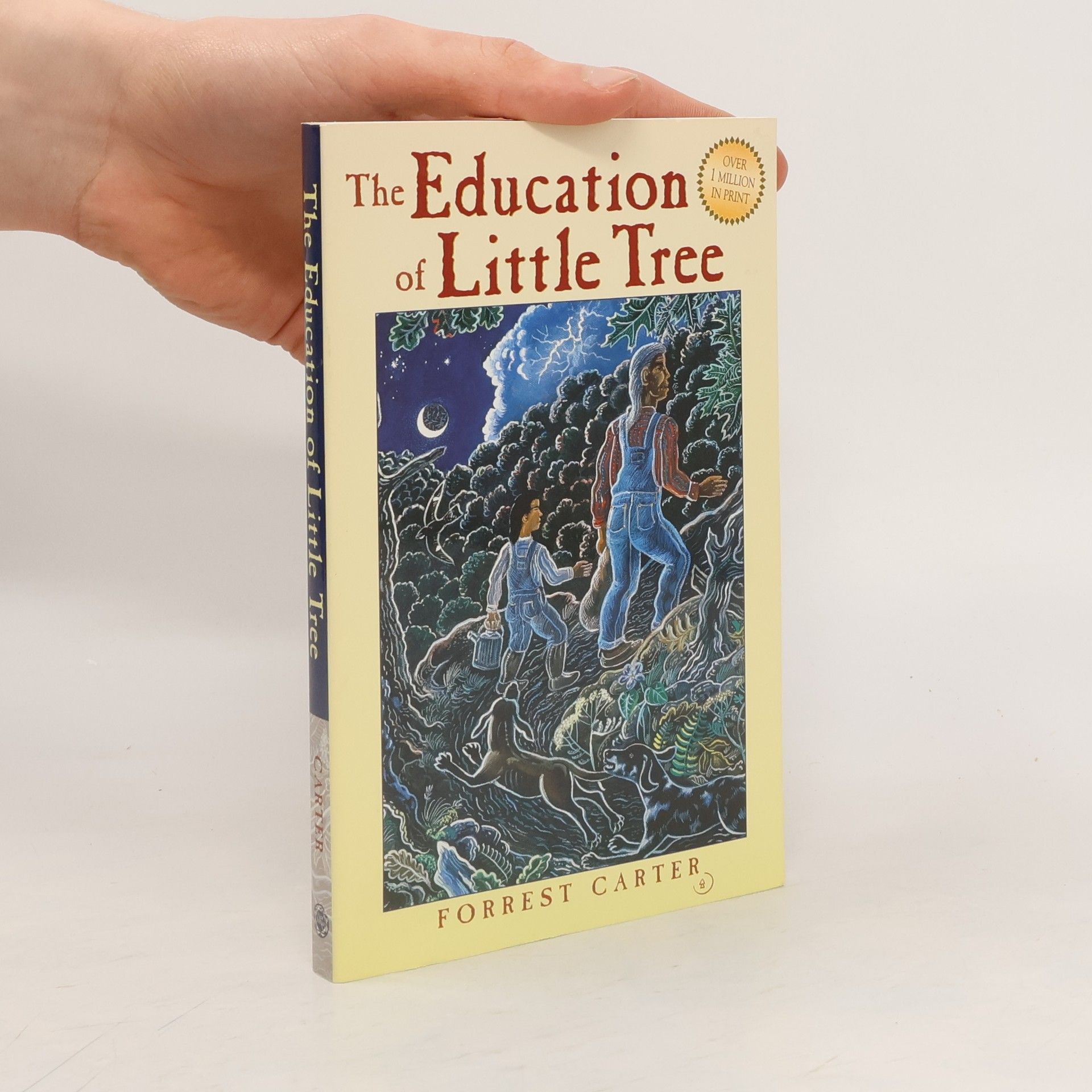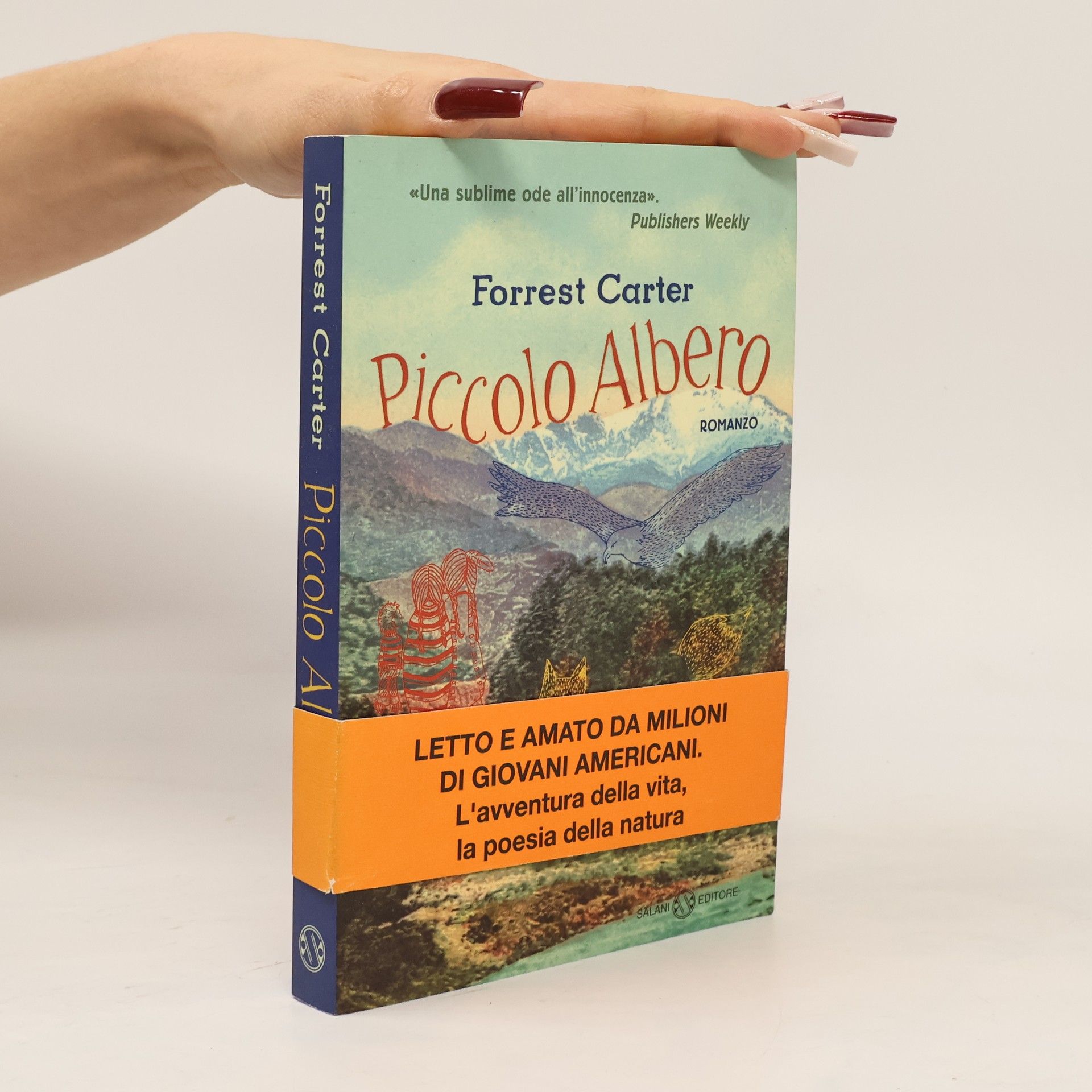Cry Geronimo!
- 314pages
- 11 heures de lecture
The white man had burned their land, raped their women, and slaughtered their children. He had made them a nation of slaves, and those he could not enslave, he promised to destroy. The Apache had one hope: vengeance. Out of the scattered remnants of the Apache tribes rose a man whose cunning, ferocity, and genuis for warfare would make him their leader in a last tragic struggle for survival. The Apache gave him their arms, their strength, and their absolute devotion. The white man gave him his name: Geronimo!









